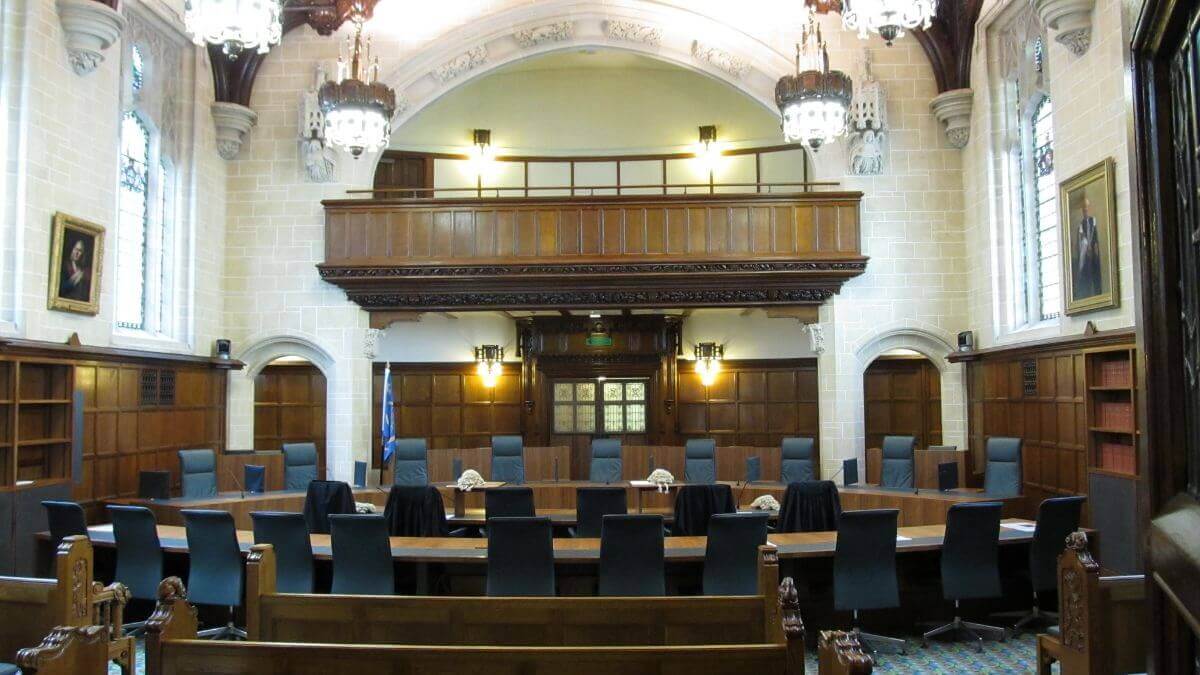The Judge behind the decision to force a woman with a learning disability to have an abortion against her will has been heavily critcised for her role in abortion advocacy over the last two decades.
Critics have said that through Justive Lieven’s pro-abortion legal work, she “has been deeply involved in the construction” of the “foundations for the expansion of legal abortion in the U.K.”
In 2005 she represented the Family Planning Association arguing that the law should not require parental consent for girls under the age of 16 seeking an abortion and that there is no duty to inform parents. She argued that there was “no difference”, in terms of requiring parental consent, between treating a sexually transmitted disease and performing an abortion on a child under 16.
In 2011, she represented abortion provider and lobby group the British Pregnancy Advisory Service (BPAS), advocating that women should be able to take the second abortion pill used in a chemical abortion outside of a clinical setting.
She submitted that “the safety of the abortion is unaffected by whether the relevant medication is taken in an approved place or at home.”
However, Dr Calum Miller has been highly critical of moves to take abortion out of a clinical setting noting:
“Self-referral, self-administration and less medical involvement in abortions is not an improvement in health services for women. Clearly, the absence of medical supervision for taking powerful drugs, often with great distress, is not an improvement in medical care.”
Between 2015 and 2018, Justice Lieven argued on behalf of the Nothern Ireland Human Rights Commission that the abortion law in Northern Ireland discriminates against women and girls. She claimed that the laws protecting the unborn breached rights to freedom from torture, inhuman and degrading treatment, and discrimination under Article 3 the European Convention on Human Rights.
During this case, Ms Lieven, acting as a QC, argued that the abortion law in Northern Ireland should not be decided by the democratic process of the people and their Assembly, but instead should be handed over to the courts.
“This amounts to a dangerous expansion of the judiciary into the legislator. The courts should be interpreting existing legislation not subverting the democratic process by creating their own laws,” said Right To Like UK’s Clare McCarthy.
“Her background in legal abortion advocacy means she should never have been a judge in this case at all, and should not be in any remotely similar cases in the future.”












